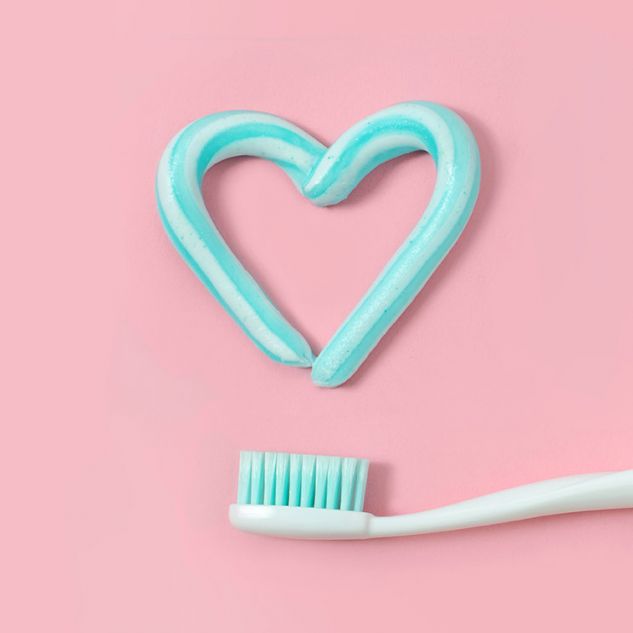Pursuing a perfect smile
Do you want to know the best way to keep those perfect pearly whites? James Cook University Dentistry student oral health tutors, Vipra Singh and Linda Gualtieri, take us through their top five tips this Dental Health Week.
It is through simple changes and daily tasks completed that you can reduce the risk of various oral diseases such as tooth decay, gum disease and even oral cancer. What’s more, good oral health is the window to good overall health as any infection in the mouth can put you at a higher risk for developing disease in other areas of your body.
Keep it clean
Consistently following an oral hygiene routine of brushing and flossing, twice daily, will help maintain good oral health.
Tongue scraping or cleaning is also recommended as the tongue can also harbour bacteria, resulting in bad breath. Placing your soft-bristled toothbrush at the gum-line, gently brush your teeth and gums in a circular motion, remembering to reach every surface including the front and back of your teeth and the surface. As your toothbrush will not be able to reach in-between your teeth, flossing or interdental aids should be included in your routine at least once a day or at night before brushing for the best results. For tongue cleaning, gently scrape your tongue in a forward motion to remove the film of bacteria that coats the surface.
Limit sugar
It’s important to be aware of the role sugar plays in our diet and the effect it has on our oral health.
Tooth decay is a diet-driven disease, with sugar as the major culprit sabotaging our oral health. When we consume sugar, the bacteria in our mouths processes it and produces acid which leaches out the protective minerals found in our teeth. The Australia Dental Association in conjunction with the World Health Organization (WHO) recommends no more than 6 teaspoons (24 grams) of sugar per day. Here are some simple ways you can reduce the impact of sugar on your oral health.
- Drink plenty of water, especially after a sugar hit, to wash away the sugar from the surface of your teeth
- Swap out sugary snacks with healthy ones such as fresh fruits and vegetables
- Get familiar with the pseudo names that sugar is labelled as on food packages
- Choose foods items with less than 10 grams of sugar per 100 grams


Watch out for mouth infections
Did you know that any infection in the mouth that is not resolved puts you at a higher risk for developing disease in other areas of your body?
An oral infection may travel to other parts of the body such as your digestive or respiratory tracts and may exacerbate even more serious health conditions such as: heart attack, stroke, premature labour and pneumonia. Your oral health should be of prime importance, especially if you have an immunodeficiency disorder such as diabetes or HIV/AIDS. When your body is immunocompromised, the ability to fight off any oral infection is hindered or delayed. As a result, oral health problems can become much more severe.
Use a fluoride toothpaste
The use of fluoridated toothpaste is essential in the prevention of tooth decay.
This is because brushing your teeth with a fluoridated toothpaste helps to assist in the deposition of minerals into any small cavities that you may have. This process is known as remineralization and helps to repair eroded enamel and reverse the decay process that is caused by the acids from plaque. Fluoridated toothpaste also makes tooth enamel resistant to future acid attacks, thus preventing tooth decay.


Get regular check-ups
To maintain good dental health, it is essential to have regular oral health check-ups with your dentist.
Did you know that a thorough oral health examination may also lead a dentist to detect diseases such as: oral cancer, diabetes, Crohn's disease, anemia and certain vitamin deficiencies? Regular oral health check-ups are key in the detection of any abnormalities that may arise in the oral cavity.